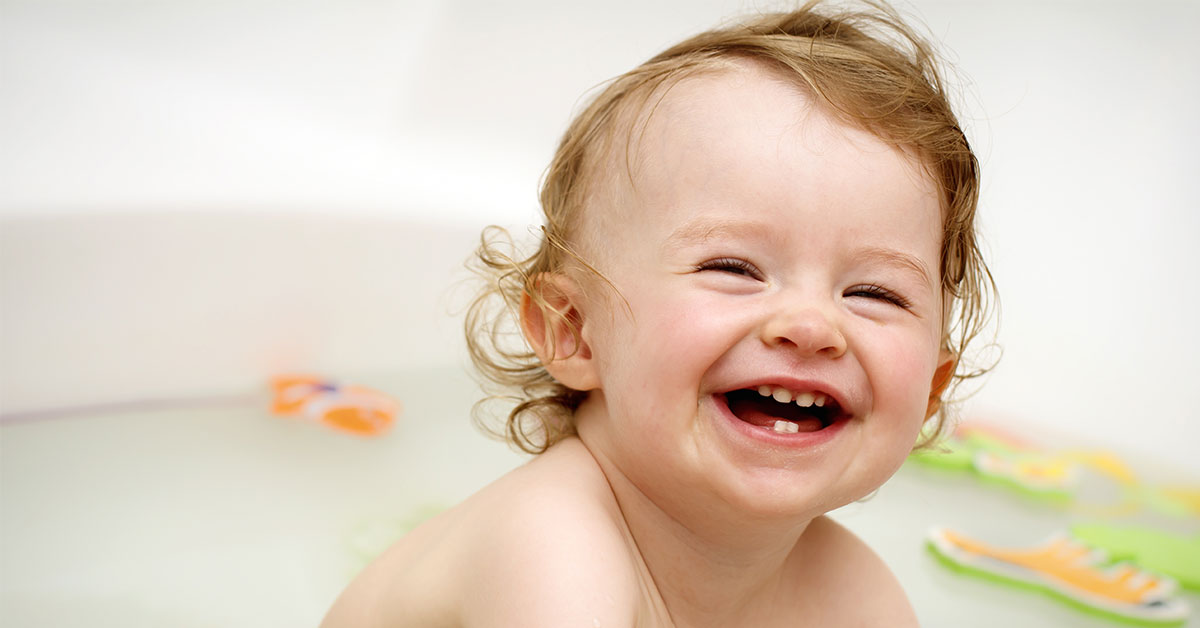
Menu
- Home
- About
- Our Team
- Services
- Postoperative Care
- Smile Gallery
- Medical Tourism
- Blog
- Offers
- Contact Us
- Home
- About
- Our Team
- Services
- Postoperative Care
- Smile Gallery
- Medical Tourism
- Blog
- Offers
- Contact Us

Baby teeth start to erupt in the infant mouth as early as 6 months of age. Before 2 years, all the 20 teeth are almost erupted and these teeth are called primary or milk teeth.

It is very important to maintain the health of the primary teeth. Neglected cavities due to tooth decay can frequently lead to the problems that affects the permanent dentition.

Primary teeth play and important role in
Although all the primary teeth are eventually replaced by adult teeth, baby teeth are important and should be taken care of well.

This is very common with severe form of cavities found in very young children 0-4 years of age. If over looked they tend to spread to all the teeth and create wide spread damage of the primary dentition. In severe cases the tooth may require removal, whereas in fewer cases it may require treatment under sedation or general anaesthesia at hospital.
Caries in erupted primary teeth can result in significant pain and infection, causing discomfort to the child. Early caries are usually virulent, which tends to progress rapidly. So it’s very important for parents to follow proper hygiene measures.

